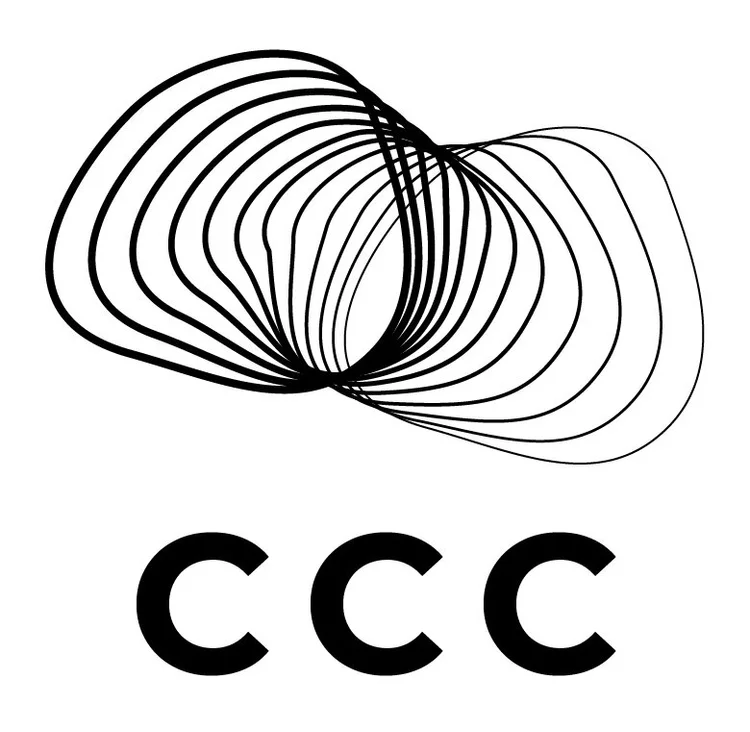Seeking safety in the creative industries
by Anna Frey
Kesha and Lady Gaga - thewrap.com
“Sexual harassment works – as does bullying more generally – by increasing the costs of fighting against something, making it easier to accept something than to struggle against something, even if that acceptance is itself how you end up being diminished; how you end up taking up less and less space.”
Since 2014 Kesha Rose Sebert has been fighting a legal battle to void the contract that requires her to produce music directly and solely with the man who raped and abused her, Dr. Luke. That battle is ongoing, but Kesha, as well as all of her supporters and, frankly, every other young woman in the creative industries, heard devastating news February 19 when the judge on the case denied an injunction that would have allowed Kesha to immediately sever ties with the abusive producer.
The comments made by the judge were deeply disappointing and dismissive of the ways many young women experience the creative industries: as dangerous and isolating.
Overwhelmingly, locally and internationally, women at the top of their creative games are being shoved out of the positions they’ve fought so hard for.
When Ayo Leilani of Witch Prophet said, “I can’t be a human,” about the pressures and expectations she faces as a woman of colour in the music industry she started a discussion at the Music Gallery earlier this month about the toll constantly performing unpaid emotional labour can take on one’s mental health.
We can point also to writer Scaachi Koul’s recent departure from Twitter after being hounded by leagues of white men throwing racist and sexist abuse at her. She’s still present on other platforms, but the range of her voice was abruptly and unfairly snipped.
Members of the Ottawa collective Babely Shades experienced a similar level of online vitriol last spring after pushing for more diversity in the city's music scene. They received death and rape threats after calling out the hurtful nature of a touring band's racist name.
I have deep concerns for the generation of young artists coming up behind us whose role models are being assaulted, threatened and silenced. This points to a wider trend of under-representing the accomplishments of women in the creative industries, illustrated this year by an all-male Juno nominations slate.
Where they can find hope, though, are in the brilliant gestures of solidarity that are happening between women who have often faced similar challenges.
Taylor Swift’s quiet quarter-million donation to Kesha was a reminder to some of us of nineteen-year-old Taylor’s relationship with a then-31 year old John Mayer in 2009 – no official accusations or trial happened there, of course, but Taylor’s 2010 song “Dear John” became an anthem of survival for millions of young women.
Another example of women empathizing with and amplifying each other’s voices is the fast and fierce friendship between baseball journalist Stacey May Fowles and Trailer Park Boys actress Lucy DeCoutere before and during Lucy’s participation in Jian Ghomeshi’s assault trial this winter. Stacey May’s heart-wrenching love letter to Lucy was a very public moment of tenderness during a trying time.
Without these public relationships of support between women my world would be a lot smaller and darker. Still, the questions always are (for me, anyway): how can we build a culture that supports and protects young women more diligently? Who are we missing out on, where are their voices, and what do they need in order to feel safe?
For Kesha, at least, the answer is obvious: to be free from a mandated relationship with the man who abused her and to be welcomed back into her creative community with open, supportive arms.

